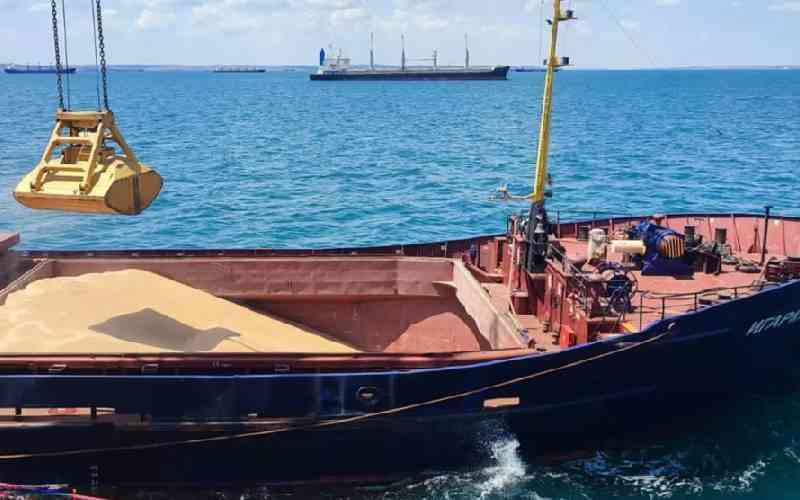
Africa has long been a continent deeply affected by food insecurity, with countries across the region grappling with the effects of drought, conflict, and climate change. Yet, in 2022, the Russia illegal invasion of Ukraine unleashed an additional, devastating blow to Africa already fragile food systems.
The disruption of critical grain and fertilizer exports from these two nations, who collectively supply a significant portion of the world food resources, has further strained African nations ability to feed their populations. The result has been skyrocketing food prices, exacerbated poverty, and millions more on the brink of starvation.